 Tweet
Tweet
Japanese AOJIRU is recommended
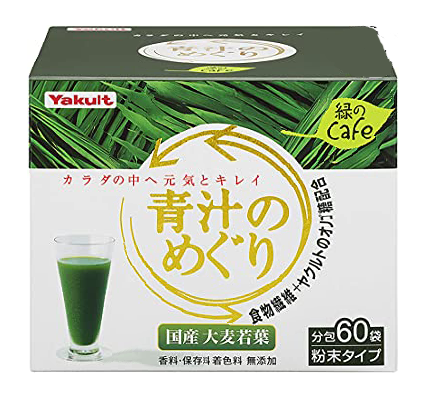
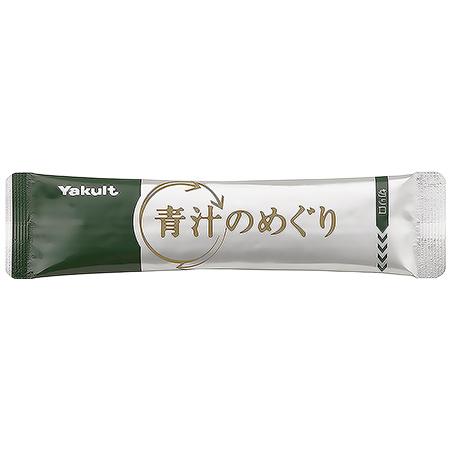

AOJIRU’s Good Effects are;
- Immunity improvement
- Anti-Aging
- Skin enhancing
- Healthy bones
- Prevention of hypertension
- Prevention of arteriosclerosis
- Elimination of swelling
Immunity is a mechanism to maintain the health of the body by the two functions of “eliminating foreign substances and unnecessary substances in the body” and “repairing wounds”.
Do you think that the intestine is the organ of work that makes poops? In fact, researchers around the world are paying a lot of attention to the “intestines,” which are only conscious of when you break your stomach. The intestine, which digests and absorbs food, has the hidden important role of “controlling the immunity of the whole body.” It has become clear that Gut microbiota affect dementia, heart disease, diabetes, obesity, various “allergies” and “autoimmune diseases” in which immune cells attack their own cells. The hot topic “intestinal bacteria” controls the “immune power” that protects our whole body from various diseases while exchanging mysterious conversations with the “immune cells” that gather in the intestines. The amazing reality of intestines is revealing itself.
Autoimmune disease happens when the body’s natural defense system can’t tell the difference between your own cells and foreign cells, causing the body to mistakenly attack normal cells. There are more than 80 types of autoimmune diseases that affect a wide range of body parts.
The most common autoimmune diseases in women are:
Rheumatoid arthritis, a form of arthritis that attacks the joints
Psoriasis, a condition marked by thick, scaly patches of skin
Psoriatic arthritis, a type of arthritis affecting some people with psoriasis
Lupus, a disease that damages areas of the body that include joints, skin and organs
Thyroid diseases, including Graves’ disease, where the body makes too much thyroid hormone (hyperthyroidism), and Hashimoto’s thyroiditis, where it doesn’t make enough (hypothyroidism) of the hormone
70% of immune cells are located in the gut
Gut is exactly the “whole body immune headquarters”
Immune cells are born in the bone marrow from the stem cells and circulate throughout the body through blood and lymph, and about 70% of the immune cells are found in the intestine.
The intestine is a place where there is a danger that not only food but also pathogens and viruses can always enter . It can be said that it is the organ that comes into close contact with the “outside world” in the body. That is why the intestines are filled with reliable warriors “immune cells” that repel foreign enemies such as pathogens and viruses. That number is around 70% of the immune cells in the body! So many immune cells are densely packed just inside the wall of the intestine that absorbs nutrients and water, preparing for the invasion of foreign enemies.
And the immune cells in the intestine are strengthened by good quality “intestinal bacteria”. If the intestinal bacteria are balanced and the immune cells are activated as a result, the immune system will improve.
Japanese have the potential to create “impregnable immunity”
In a recent study, Masahira Hattori, a world authority on gut microbiota research, compared the gut bacteria of healthy people in Japan with those in 11 countries around the world, including Europe and the United States, and found out something surprising. The Japanese gut microbiota had a much higher ability to eat dietary fiber and produce “butyric acid” and other “substances that control immunity” than the gut microbiota of people in other countries. In other words, it is thought that the intestines of Japanese have the potential to create “impregnable immunity”.
Clostridium, an intestinal bacterium that is important for controlling immunity, feeds on seaweed and root vegetables, which have often been served on the dinner table in Japan. Thanks to this, it is thought that many intestinal bacteria such as Clostridium, which prefers dietary fiber as feed, have become inhabited.
*Gut bacteria that can decompose seaweed are known to be peculiar to the Japanese intestine.

Simmered Root Vegetables with Chicken
(image: AJINOMOTO PARK)
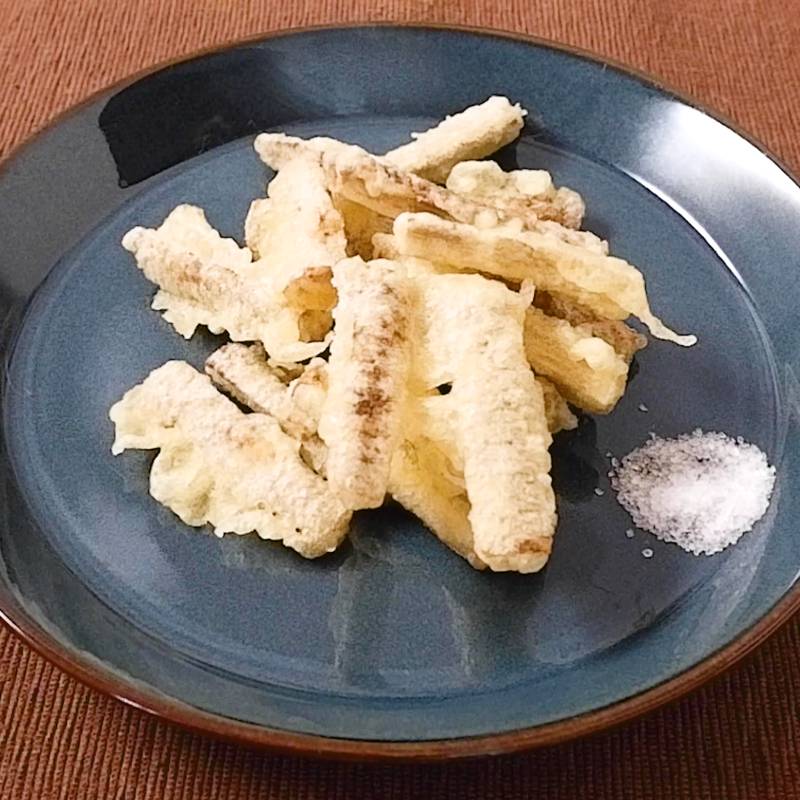
This would go great with some beer!
(image: Kurashiru)
However, especially after the war, with the growth of Western dietary habits and the use of pesticides in Japan, the intake of dietary fiber is also decreasing. Therefore, many Japanese seniors regularly use supplement green juice ‟AOJIRU”.
Therefore, we recommend「青汁のめぐり」 “Aojiru Meguri,” which allows you to take in oligosaccharide and dietary fiber at the same time. Manufactured by the famous Japanese company Yakult, you can drink with confidence.
Click here to buy or more info!



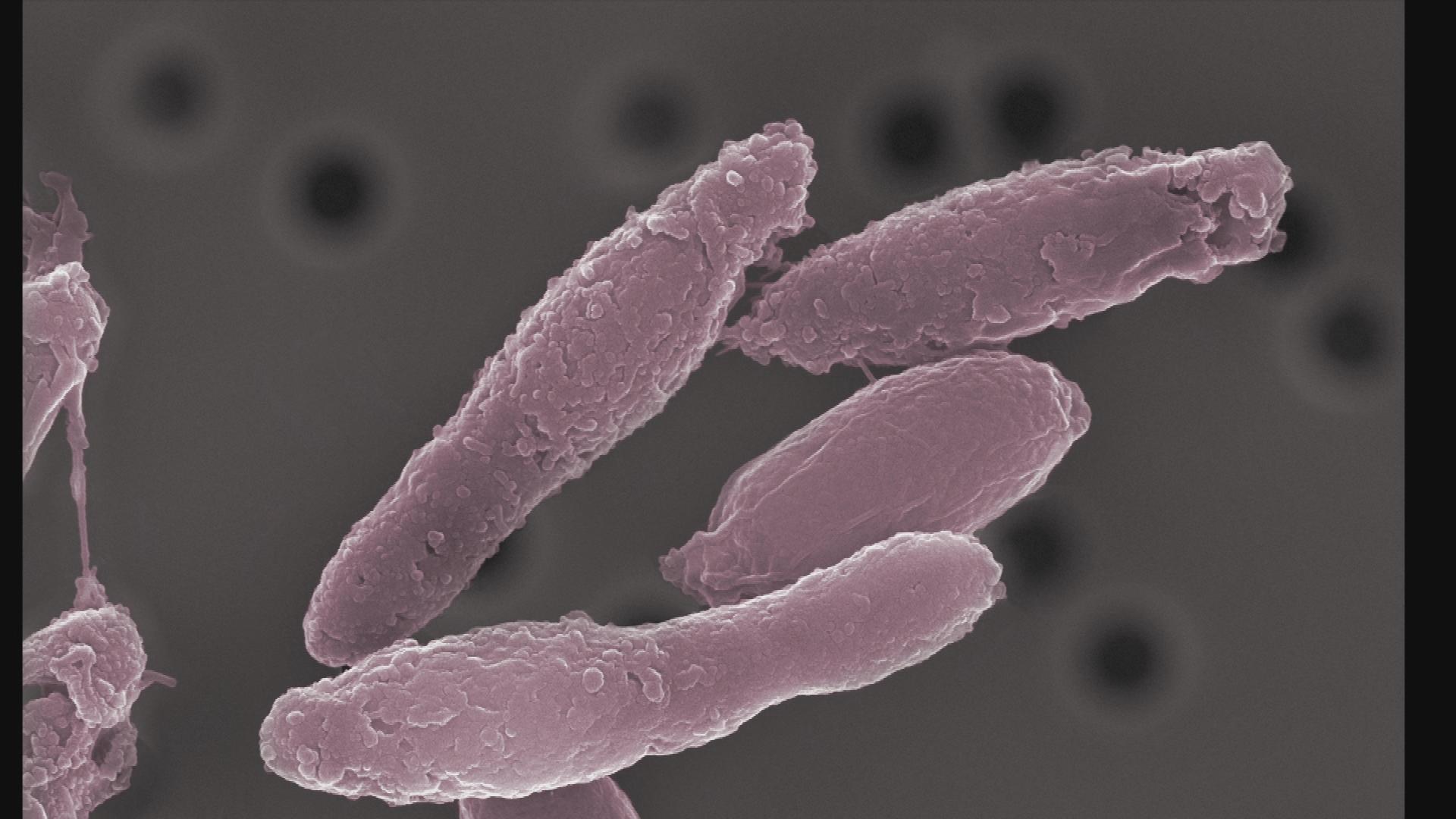
(Image: NITTO PHARMACEUTICAL INDUSTRIES, LTD.)
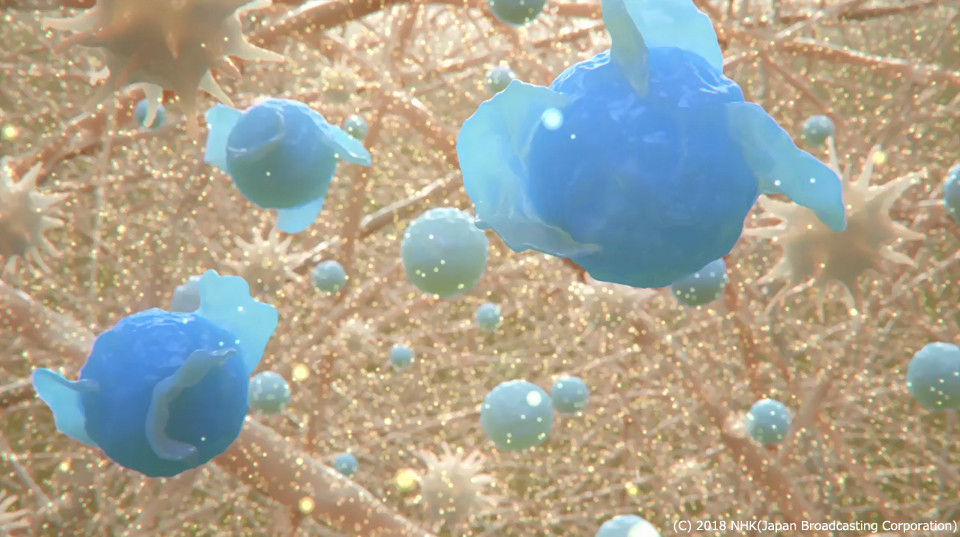
by butyric acid produced by intestinal bacteria
The surprising role of “Clostridium”
In this interview, it was found that there was an intestinal bacterium that was commonly reduced in two different diseases, severe allergies and multiple sclerosis. That is a member of the intestinal bacterium called “Clostridium”.
What is the gut bacterium Clostridium, which has been reduced in the patient’s intestine, doing in the intestine? The key to solving the mystery was the “special immune cells” discovered by Shimon Sakaguchi, a specially appointed professor at Osaka University, a world authority on immune research. Until now, when it comes to immune cells, it was thought that the role was to attack foreign enemies, but the immune cells newly discovered by Mr. Sakaguchi are the opposite. Rather, it was found to have a role in suppressing the excessive attack of fellow immune cells. The immune cells are named “Tregs (regulatory T cells)”. Among the immune cells, there was not only an “attacker” but also a so-called “brake”. It has become clear that this T-leg works to soothe immune cells that are overactive and runaway in various parts of the body, and suppress allergies and autoimmune diseases.
The latest research has revealed that such an important T-leg is produced in our intestines by the action of Clostridium, which is a type of intestinal bacterium. Clostridium eats “dietary fiber” in our intestines as food and releases a substance called “butyric acid” actively. This substance, in fact, plays a role in conveying the message “calm down!” To the immune cells that gather in the intestines. Butyric acid produced by Clostridium passes through the wall of the intestine and is received by the immune cells inside it, transforming into a T-leg.
NHK Special “Human Body” Repels All Diseases! The “intestine” was the key to immunity / broadcast on January 14, 2018














